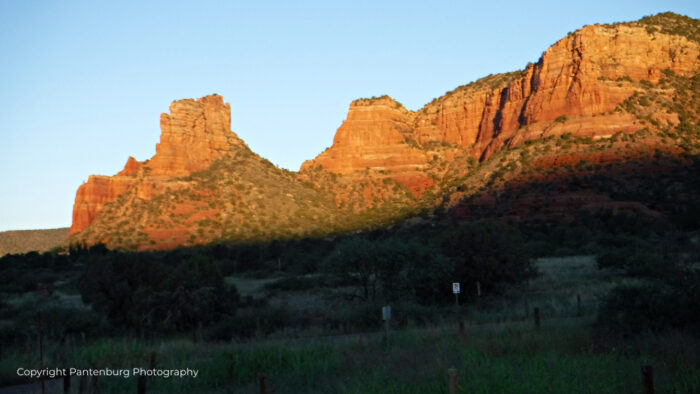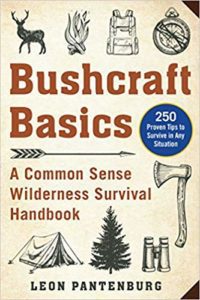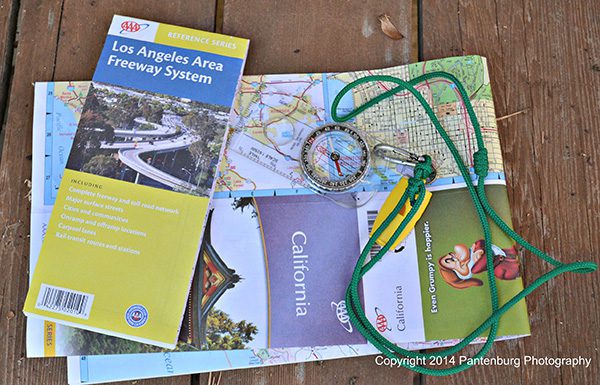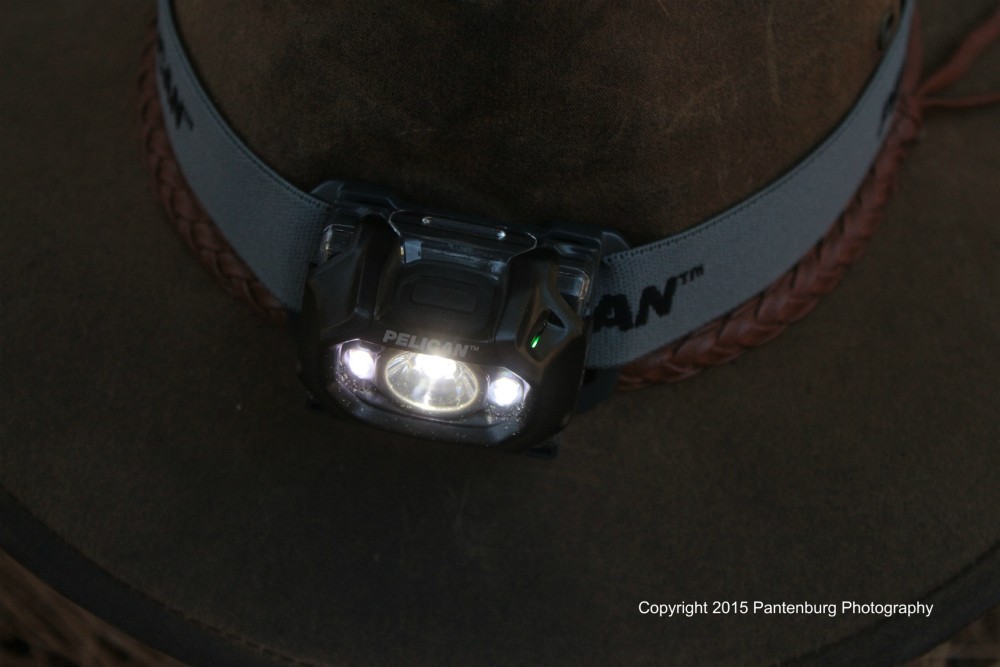So you’re a big city/urban type, know absolutely nothing about the great outdoors, but you’re intrigued with the idea of experiencing the wilderness.
That’s great! The more people who care about the wilderness, the better the wilderness will be cared for. But what do you need to know before heading out? Here are ten suggestions
by Leon Pantenburg
Nobody is born with an innate knowledge of how to get along safely in the wilderness. Everything has to be learned. But most people live in urban areas, and there is no way they can know what they don’t know. So here we go.
Start with getting some basic survival gear and learn how to use it. You can do this in your apartment or virtually any place. Then practice.
Survival gear: Take it along, no matter how short the outing is intended to be. Don’t know what to take, or where to start? Try here.
Know what a survival mindset is, and start thinking about how to form one.
Here are ten things you should know.
Afraid of the dark? Do you know if you are? Chances are, you’ve never been in complete darkness in the city, what with street lights, lighted store fronts, ambient light sources, traffic signals etc. So that first time you get into real darkness, that can’t-see-your-hand-in-front-of-your-face darkness, can be really scary. It can cause panic, and that can lead to serious trouble.
Here is how to get over that:
Terrain: Know how to read a topographical map. A GPS will probably give you the most direct route between two points. But that may not take into account ridges, gullies, steepness or wetland areas. A topo map gives you a clear idea of what lies ahead, and it can impact your route.
Water: You need a minimum of one gallon per day for normal activities. You’ll need a lot more if you’re doing heavy physical activity. Take along a water bottle, and a filter or purification system. Check out the topo map and see if there are water sources along the way.
Wild animals: Generally speaking, wild animals will leave you alone if you leave them alone. If you should happen to see a big animal on the trail, back away slowly. DO NOT TURN AND RUN – that may trigger the chase instinct in a predator. Remember, you are visiting that animal’s home, they are not tame, and they can hurt you if provoked.
!
Poisonous plants: Do you know the differences between poisonous and non-poisonous? Unless you can positively identify a plant, don’t touch or go near it. Get a good medicinal or foraging handbook, and take it with you when you go wandering. (Actually, foraging is one of my favorite springtime hikes! Check out the story.)
Day and night temperature variances: The daytime and nighttime temperatures of an area can vary widely. In the desert, particularly, the variances can be extreme. Look at the area you’re going to, and see what the day and night temperature averages are. Dress for the anticipated worst case scenario.
Weather conditions: In the mountains, that sunny afternoon can turn into a freak snowstorm in a matter of hours. And desert storms can be sudden and violent. Before you go anywhere, check the weather channel and see what the forecast is. If the weather is going to be nasty go somewhere safe.
Where to get help: Carry a fully-charged cell phone, but remember, any electronic device is as reliable as the its batteries. Before you leave the trailhead parking lot leave a note with a responsible person who will notify the proper authorities if you don’t return on time.
Don’t rely on your phone aps – there might not be cell phone coverage, or the phone might not work for one reason or another.
Physical conditioning: This story came from Deschutes County (Oregon) Search and Rescue.
The hiker was grossly overweight, out of shape and from Chicago. He had no wilderness experience whatsoever, but decided to take a solo hike into the backcountry. Luckily, his cell phone got coverage when he called for help after collapsing from exhaustion, brought on by dehydration. When SAR volunteers found him, he had to drink three Gatorades before he could get back on his feet. Then he got mad. He expected a helicopter to come pick him up and take him back into town.
You don’t need to be in triathlete condition, but you can’t be a complete couch potato and expect to have fun outdoors.
Hopefully, these suggestions will help you prepare for an incredible outdoor experience!
Please click here to check out and subscribe to the SurvivalCommonSense.com YouTube channel – thanks!
Please subscribe to the website: https://survivalcommonsense.com/






Leave a Reply